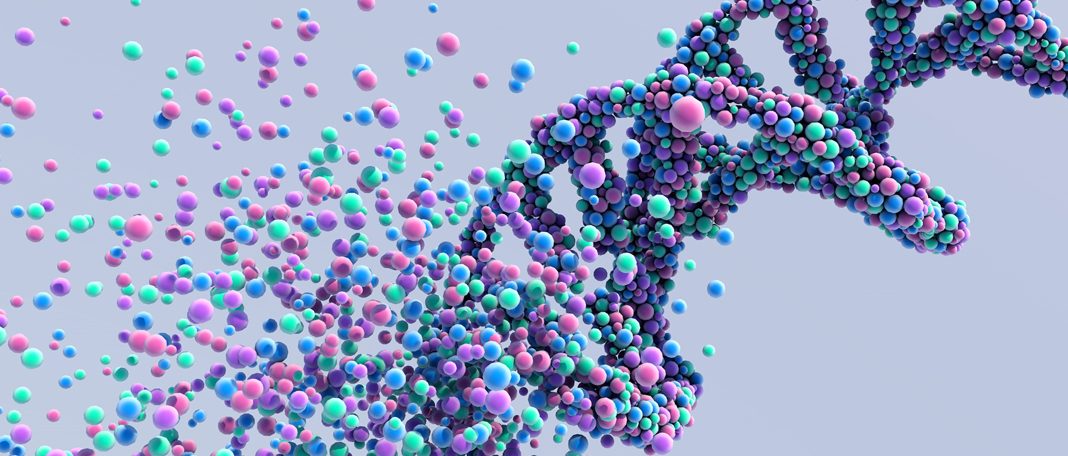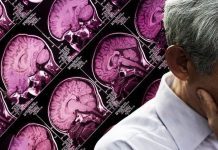Good news! Reversing age is possible, a new study shows. Harvard scientists have performed a test that is a new gene therapy in which they restored vision to mice who were suffering from glaucoma. They successfully rewind the aging process in mice cells. While at the beginning stage, scientists discuss the study as a proof of concept that slows down the signs and symptoms of aging with epigenetic.
The scientists in this study planned to find whether they could restore these patterns to achieve a more youthful state by reversing damaged cells.
The scientists submitted three key genes to the retinas of many groups of mice with various eye diseases. The treatment helped nerves regenerate in mice that had optic nerve injuries. The test also helped reverse vision loss in mice and this condition is similar to glaucoma, and thirdly the therapy helps to reduce the more age-related impairment.
Senior author David Sinclair, professor of genetics in the Blavatnik Institute at Harvard Medical School, co-director of the Paul F. Glenn Center for Biology of Aging Research at HMS and an expert on aging stated, “Our study demonstrates that it’s possible to safely reverse the age of complex tissues such as the retina and restore its youthful biological function.”
“If affirmed through further studies, these findings could be transformative for the care of age-related vision diseases like glaucoma and to the fields of biology and medical therapeutics for disease at large,” David said.
The target of the study is researching the epigenome. The main role of our DNA is not only to help information passed down from one generation to another. The field of epigenetics involves how the expression of genes is turned on and off. One of the major changes in DNA methylation, where patterns of molecules tag genes to control how they are articulated without modifying the underlying DNA sequence.
The benefits of treatment have positive effects on the eye. Firstly, it encourages nerve generation in the mice with damaged optic nerves, second, it reverses vision loss in mice with a condition imitating human being’s glaucoma. Thirdly, it revises vision loss in mice aging without glaucoma.
New Gene Therapy
Lu stated, “At the beginning of this project, many of our colleagues said our approach would fail or would be too dangerous to ever be used,” added further “Our results suggest this method is safe and could potentially revolutionize the treatment of the eye and many other organs affected by aging.”
Reversing Glaucoma and Age-Related Vision Loss
For these findings in mice with optic nerve injuries, the research team worked together with colleagues at Schepens Eye Research Institute of Massachusetts Eye and Ear Bruce Ksander, HMS associate professor of ophthalmology, and Meredith Gregory-Ksander, HMS assistant professor of ophthalmology. The research contains two sets of experiments, first one is about the test three-gene cocktail could repair vision loss that happened due to glaucoma, another one is to observe whether the method could reverse vision loss stemming from normal aging.
Ksander said “Regaining visual function after the injury occurred has rarely been demonstrated by scientists,” further added, “This new approach, which successfully reverses multiple causes of vision loss in mice without the need for a retinal transplant, represents a new treatment modality in regenerative medicine.”
Sinclair mentioned, “What this tells us is the clock doesn’t just represent time—it is time,” “If you wind the hands of the clock back, time also goes backward.”
At the end, the team mentioned that findings(new gene therapy) should be validated in further animal studies so that human clinical trials could start in glaucoma patients within two years.


















